Theme Week: Technology in Horror Films
In honor of the theatrical release (July 8) of Cell, based on the novel by Stephen King, this week’s movie theme is killer technology in horror films.
Horror films have long been reflecting society’s ongoing battle with itself. As new technological advancements continue to enhance our lives and expand our realities, we can’t help but fear the ways in which such modern wonders begin to take over and control our lives.
This week, we’ll be watching seven films (one movie a day) that tackle deep-rooted fears about what happens when the devices we rely on for daily communication and entertainment turn against us. We encourage you to follow along with us and share your thoughts in the comments below. You’ll also find a list at the end of this post of the top ten additional films we recommend if you want to supplement your viewing experience.
Day 1 – Remote Control (1988)
A precursor to the much more popular Japanese horror film Ringu (1998) and the American remake The Ring (2002) about a cursed video tape that kills people seven days after viewing, Remote Control was a late 80s horror comedy starring Kevin Dillon and Jennifer Tilly. In this film, a video store clerk (Dillon) stumbles onto an alien plot to take over the earth by brainwashing people with a bad 1950s science fiction movie. He and his friends race to stop the aliens before the tapes can be distributed worldwide.
Children of the 80s should really appreciate this nostalgic trip down memory lane, to a time when the world of the VCR was exploding, home video was still very new and incredibly exciting, and there was a mom and pop video store on every corner (before the era of Blockbuster).
Day 2 – Stay Alive (2006)
This movie asks and answers the question, “What would happen if video games were real and if actions within the game had real life consequences?” Although this film is somewhat dated, the idea is rather creative and still chilling, especially given advancements in gaming technology that have brought us incredibly life-like graphics and virtual reality-type gameplay like we see in Until Dawn.
In the movie, a group of attractive 20-something gamers discover a new, underground video game called “Stay Alive” where the objective is the title. The game itself is supposed to be based on the true story of an ancient noblewoman known as the Blood Countess. Despite the fact that their friend mysteriously died shortly after playing, the gamers decide to give it a go. However, things go from fun to frightening when the friends start dying in exactly the same ways as their avatars in the game.
Day 3 – Event Horizon (1997)
This Paul W. S. Anderson film about the dangers of going too far with experimental technology was critically panned upon its initial release, accused of being highly derivative of films like Alien and Hellraiser, and it was a box office bomb. Years later though, this film has found not only an audience but a cult following, currently hailed as a unique contribution to the horror/sci-fi genre with modern critics looking upon it much more favorably.
In the year 2047, a group of astronauts are sent to investigate and salvage the long lost starship “Event Horizon”. The ship disappeared mysteriously 7 years before on its maiden voyage and with its return comes even more mystery as the crew of the “Lewis and Clark” discover the real truth behind its disappearance and something even more terrifying.
Day 4 – Existenz (1999)
Here’s another film that takes a disturbing look at the world of video games…and what might happen if the realm of games became indistinguishable from everyday life. This one’s from the master of body horror himself, David Cronenberg, and it stars Jennifer Jason Leigh and Jude Law.
In the near-future, organic virtual reality game consoles known as “game pods” have replaced electronic ones. The pods are attached to “bio-ports”, outlets inserted at players’ spines, through biotechnological umbilical cords. Two game companies, Antenna Research and Cortical Systematics, compete against each other, while a group of citizens fight against both companies to prevent the deforming of reality. Meanwhlie, a legendary game designer is hunted by a group of extremists (inspired by the experiences of Salman Rushdie following the publication of his novel, The Satanic Verses).
Day 5 – Brainscan (1994)
A lonely boy (Edward Furlong) discovers a new, ultra-realistic virtual reality game called Brainscan, which advertises itself as the most frightening game on the planet and urges players to “Unleash the dark side of your soul! Enter the game more real than your reality.”
During his first experience with the game, Michael is encouraged to act as a psychopathic murderer by the game’s host, an entity known as Trickster. Within the game, Michael muders a stranger only to find that his in-game actions seem to have manifested in the real world.
Day 6 – Cell (2016)
Cell is the latest horror film to be adapted from a Stephen King novel. This one is based on King’s 2006 apocalyptic horror novel of the same name about a New England artist struggling to reunite with his young son after a mysterious signal broadcast over the global cell phone network turns the majority of people into mindless, vicious animals. Creative differences and the inability to produce a script kept this film project in production hell for 10 years.
Although the film isn’t getting much love from critics or audiences (I haven’t screened it yet, so I reserve judgment), the novel is widely considered a brilliant homage to zombie films (the book is dedicated in part to George A. Romero). It’s one of his goriest and most horrific novels in years, as well as intensely paced. Turning the zombie genre on its head, the book deals with themes of technophobia and the hivemind-like fanaticism towards social media that we see today.
Day 7 – Videodrome (1983)
Our last film on the list (and easily the best) is another by the brilliant Cronenberg, an 80s science fiction horror that communicates a strong message on the perversity of mass media, its dangers to the human psyche and how it’s used so effectively to easily manipulate the masses.
Set in Toronto during the early 80s, it follows the CEO of a small UHF television station who stumbles upon a broadcast signal featuring extreme violence and torture. The layers of deception and mind-control conspiracy unfold as he uncovers the signal’s source and loses touch with reality in a series of increasingly bizarre and violent organic hallucinations.
Made years before the rise of reality television and the Internet, this film appears to be decades ahead of its time. More than thirty years later, it seems Cronenberg may have just been right to worry.
Craving More?
Below are our top ten recommendations for other films that examine the dangers of technology gone bad:
1. The Video Dead, 1987, Robert Scott
2. Ringu, 1998, Hideo Nakata*
3. One Missed Call, 2003, Tikashi Miike*
4. Pulse, 2001, Kiyoshi Kurosawa*
5. TerrorVision, 1986, Ted Nicolaou
6. The Den, 2013, Zachary Donohue
7. Unfriended, 2014, Levan Gabriadze
8. Chopping Mall, 1986, Jim Wynorski
9. Hardware, 1990, Richard Stanley
10. Skew, 2011, Seve Schelenz
*For these films, skip the American remakes and treat yourself to the original Japanese horror films. The remakes, for the most part, fail to do justice to these terrifying and beautiful horror films.


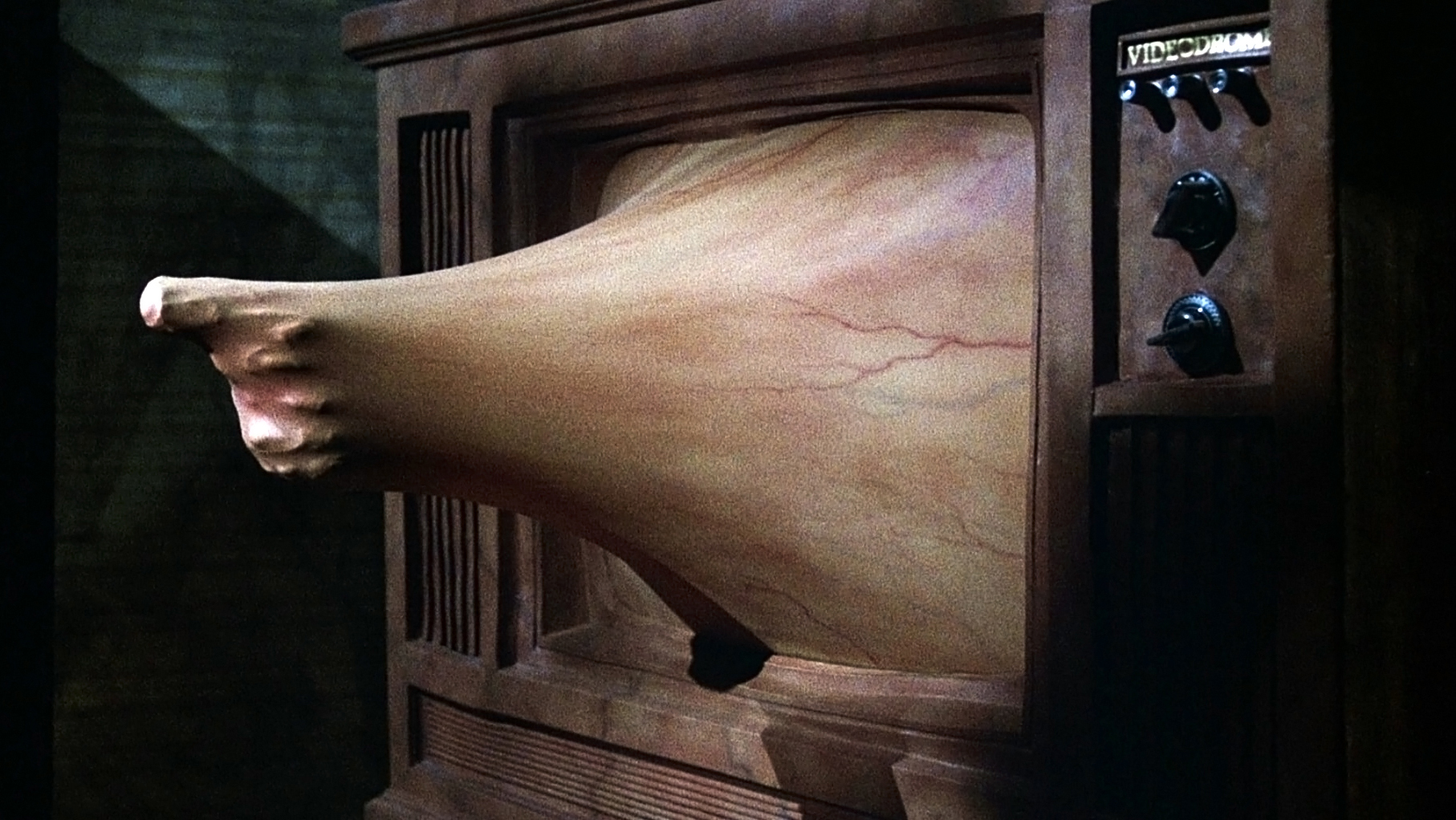
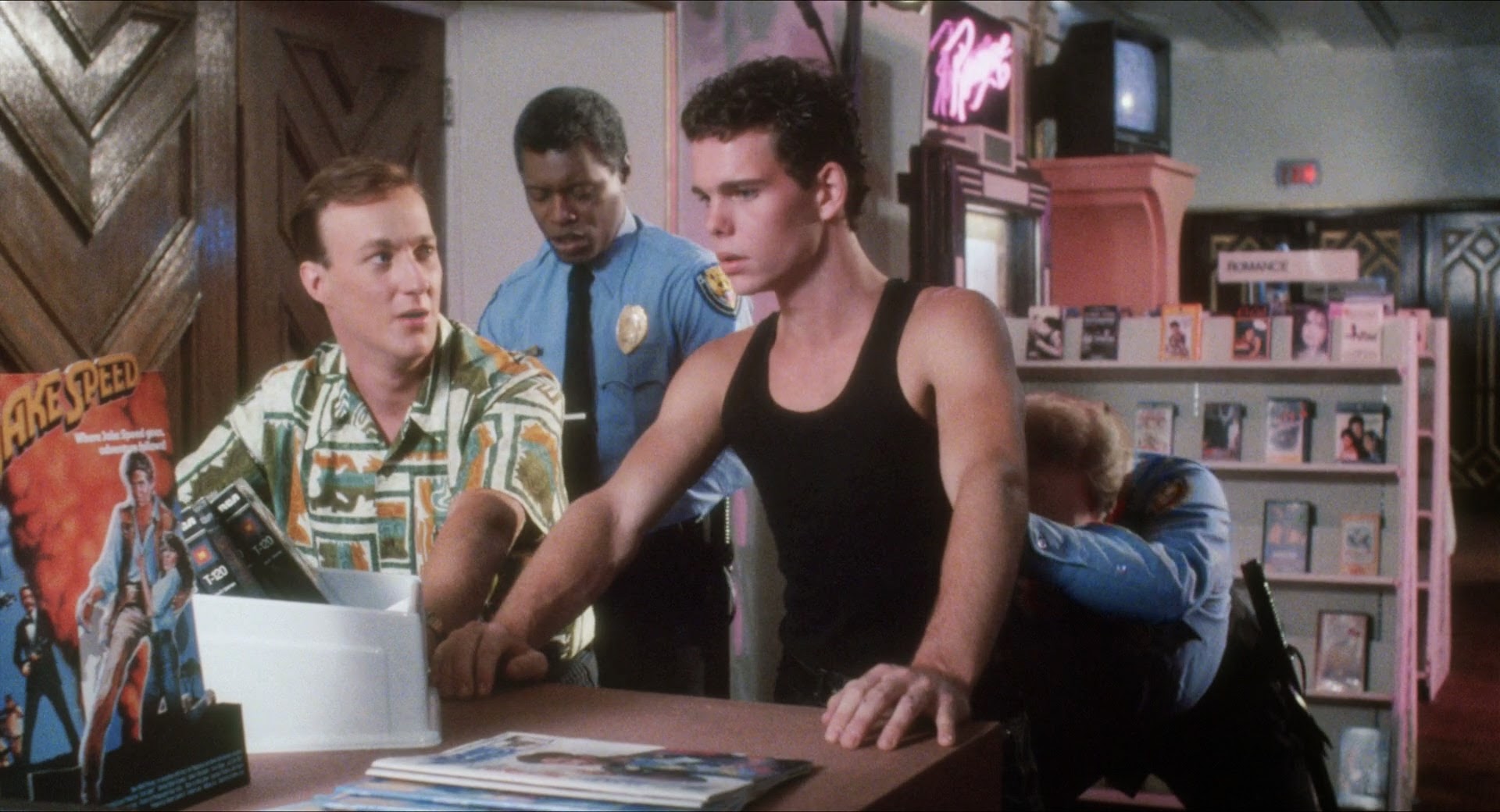
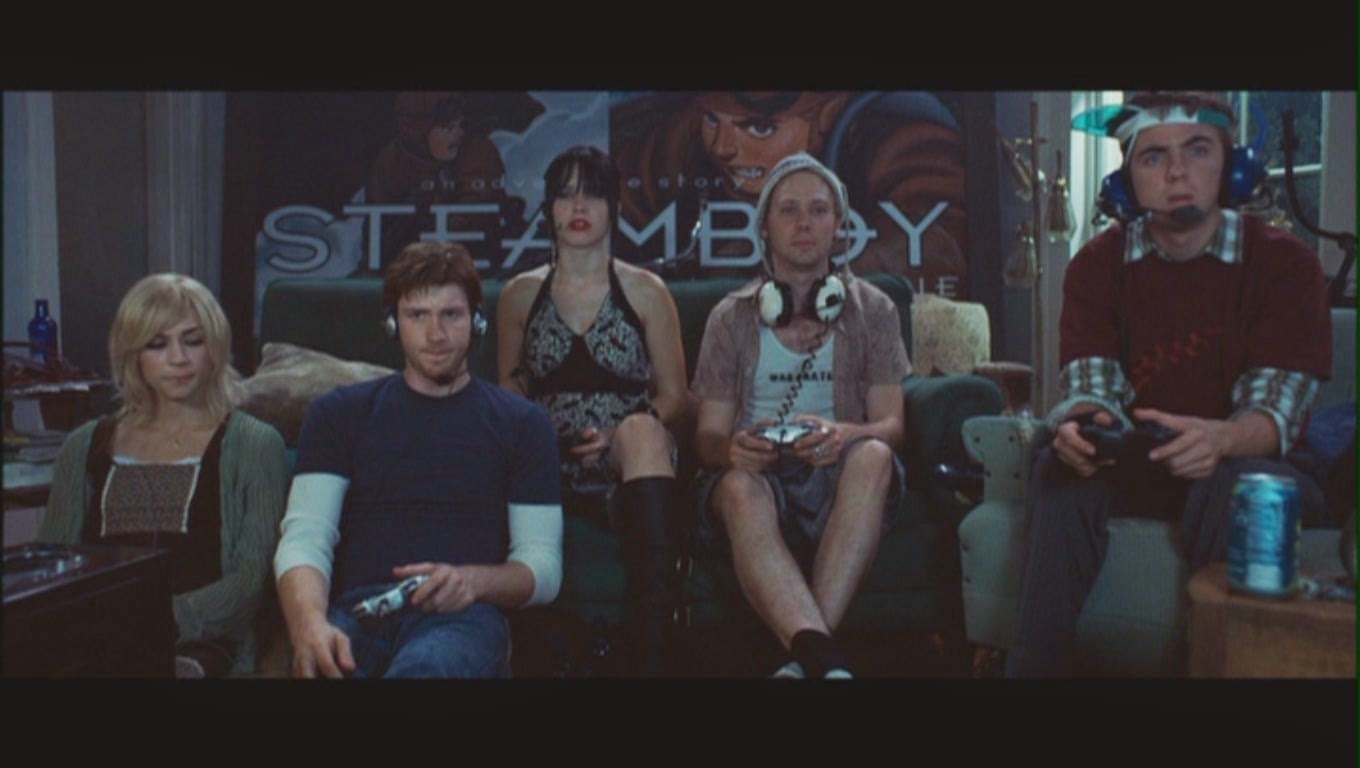
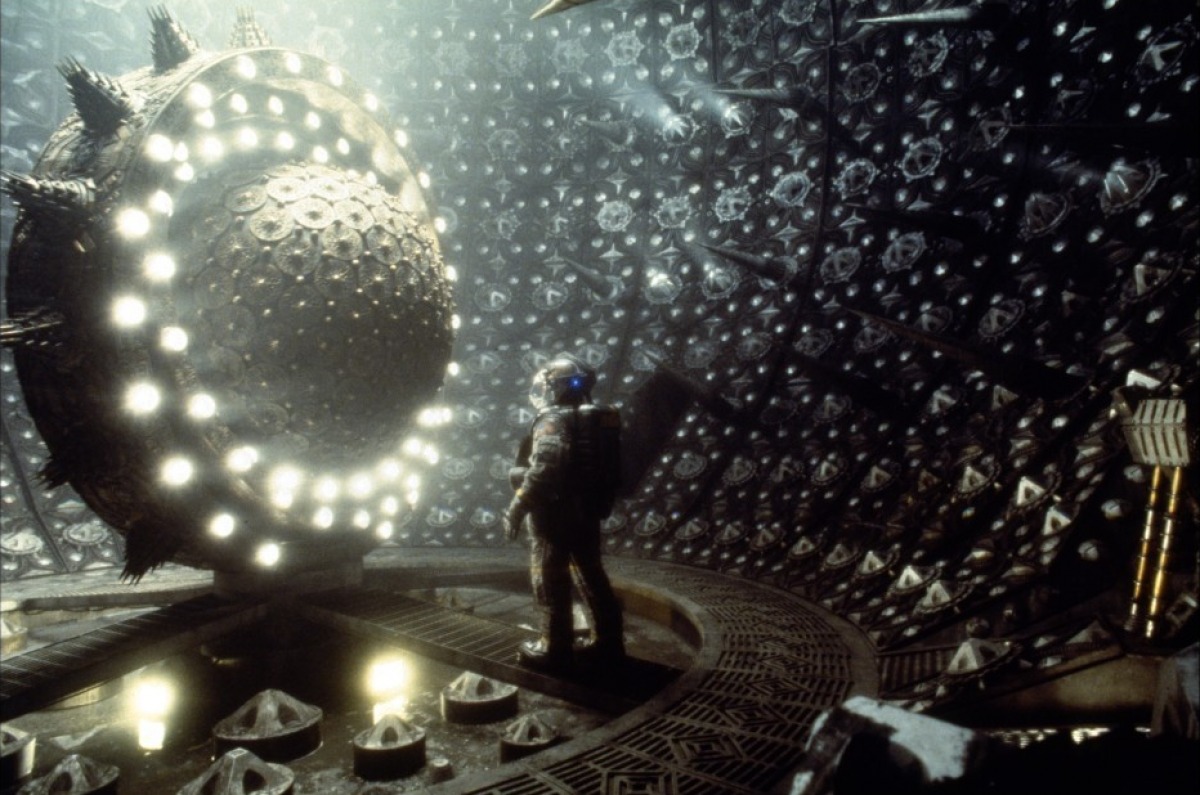
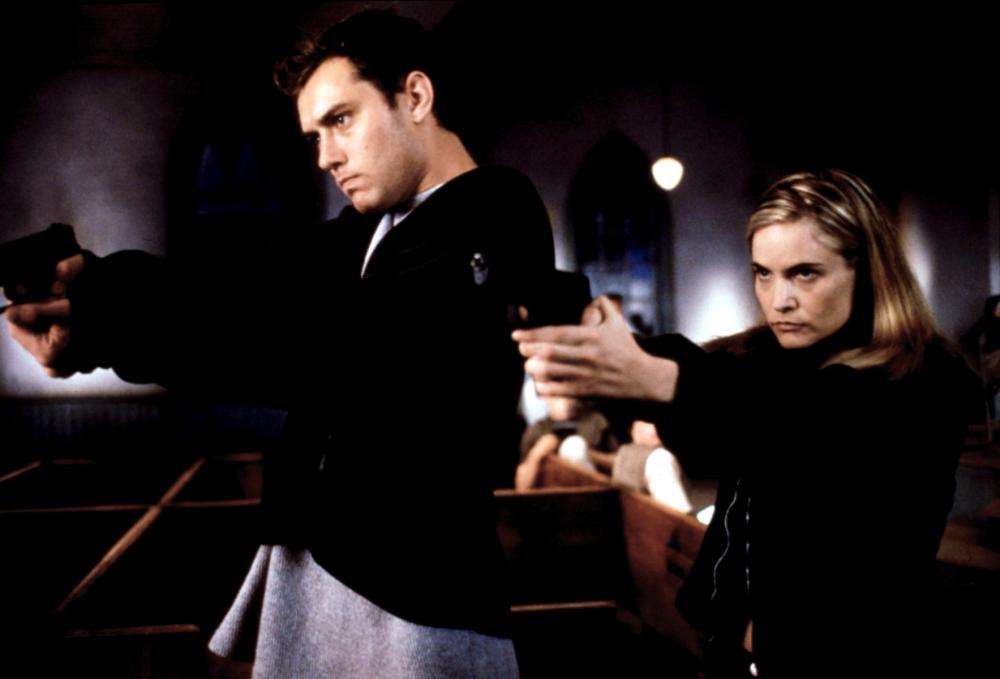
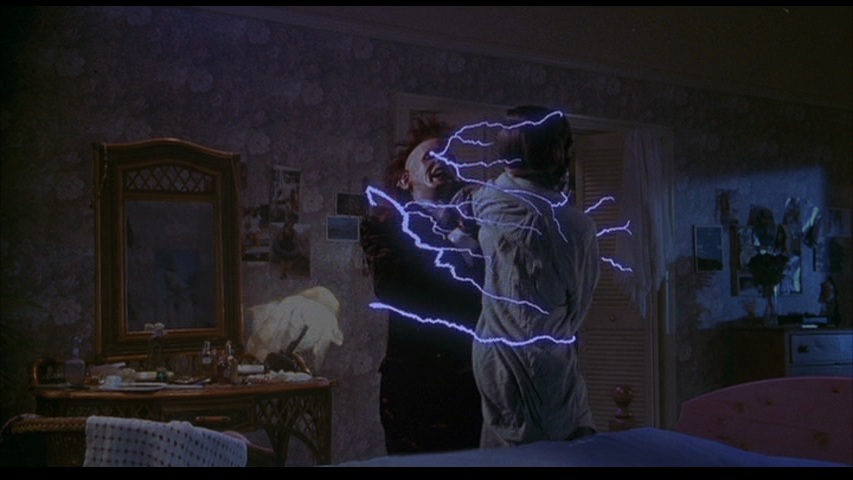
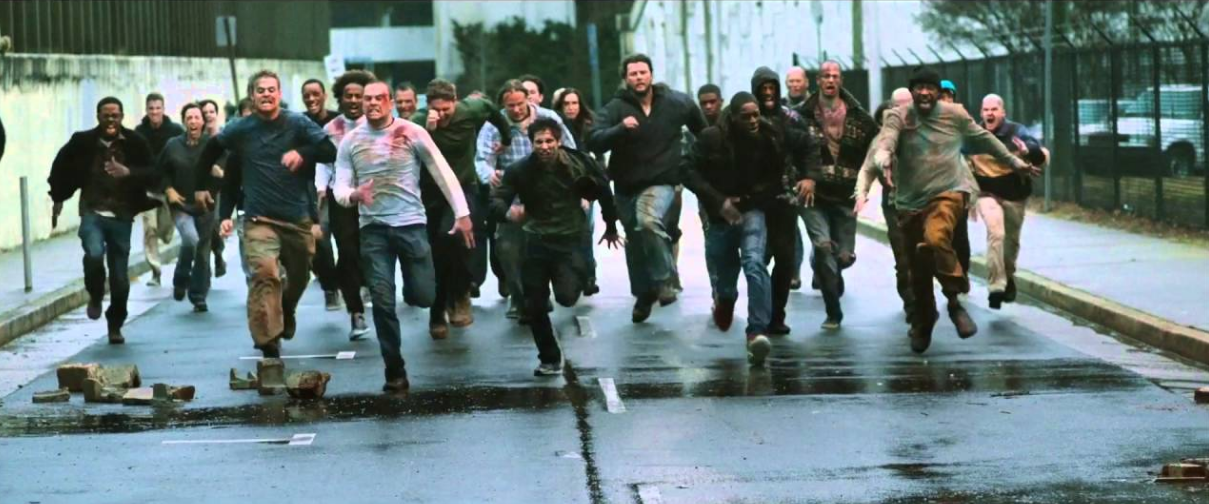
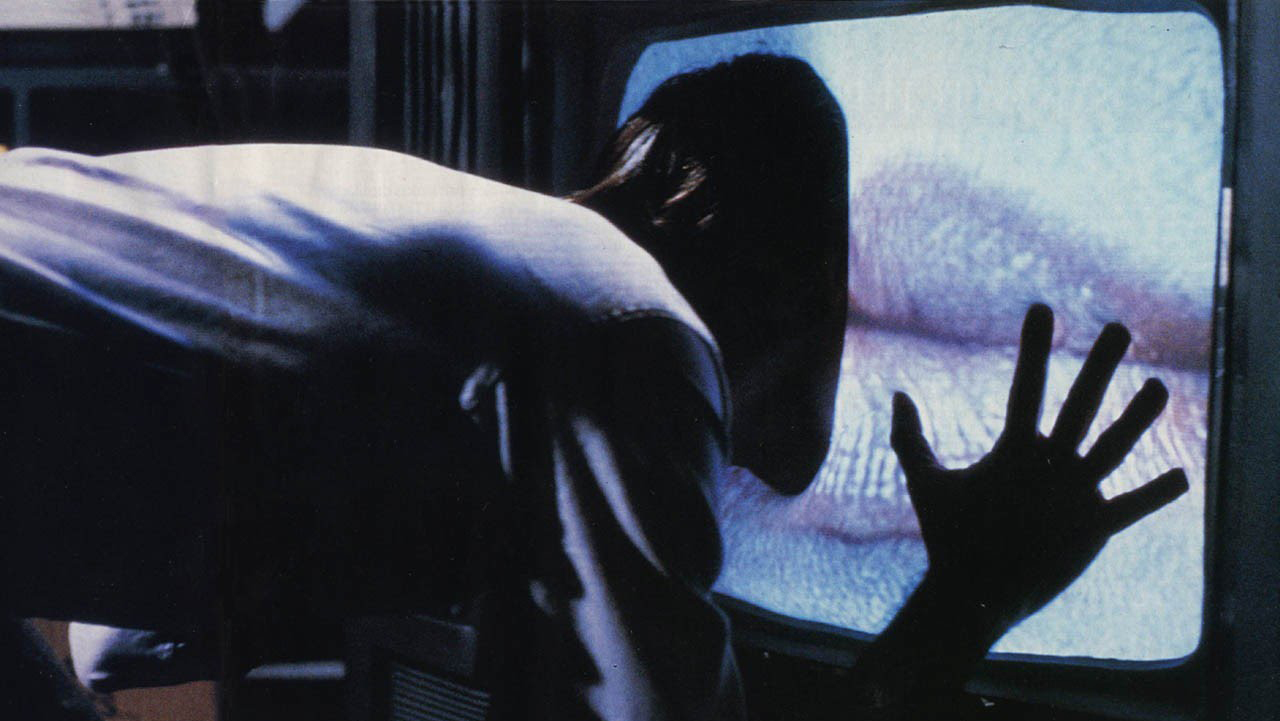
















1 Comment
1 Record